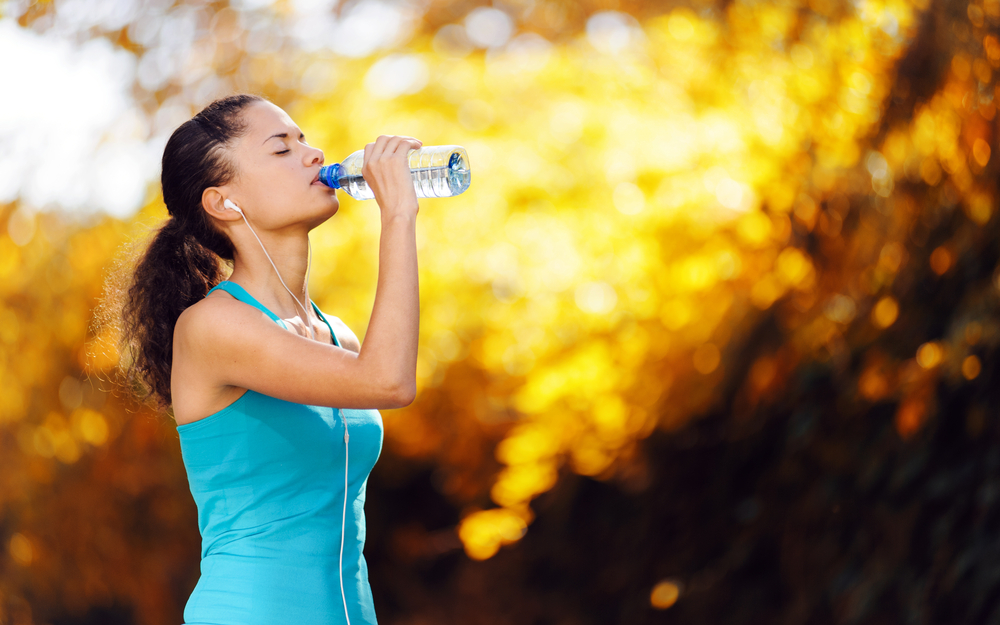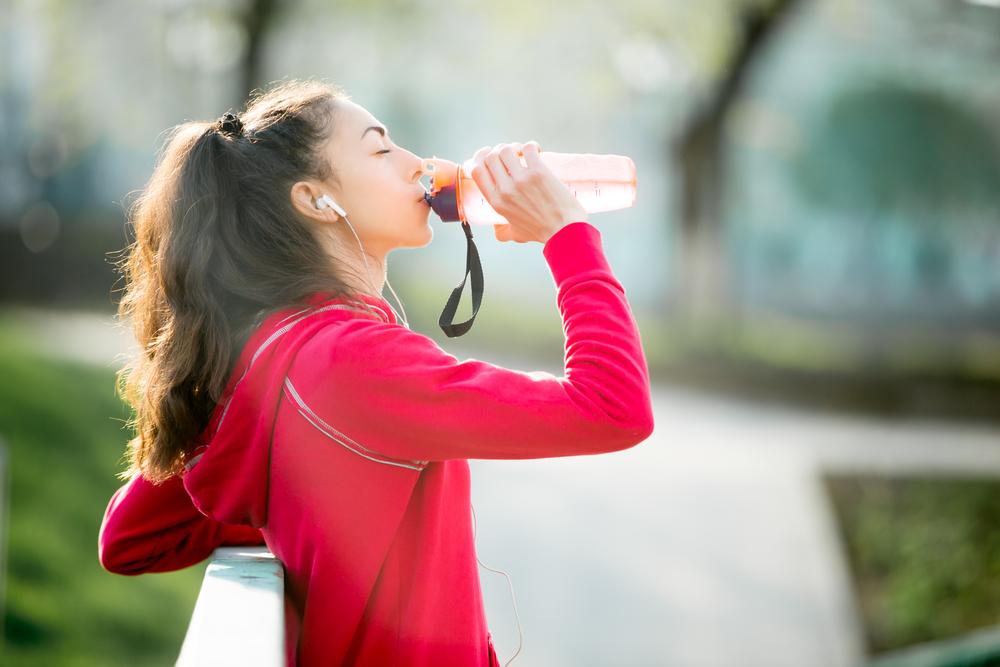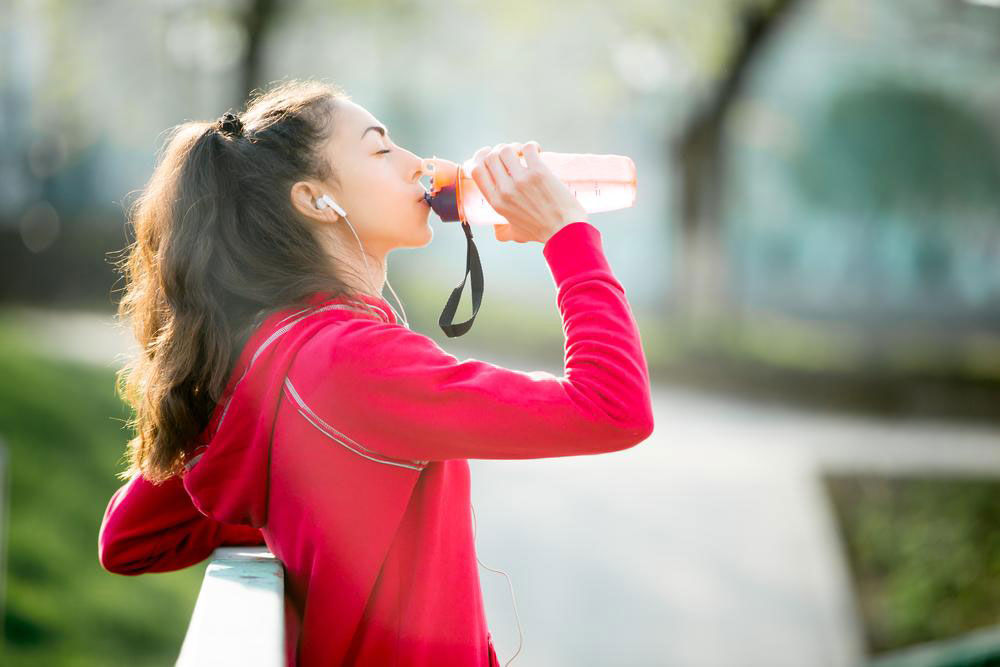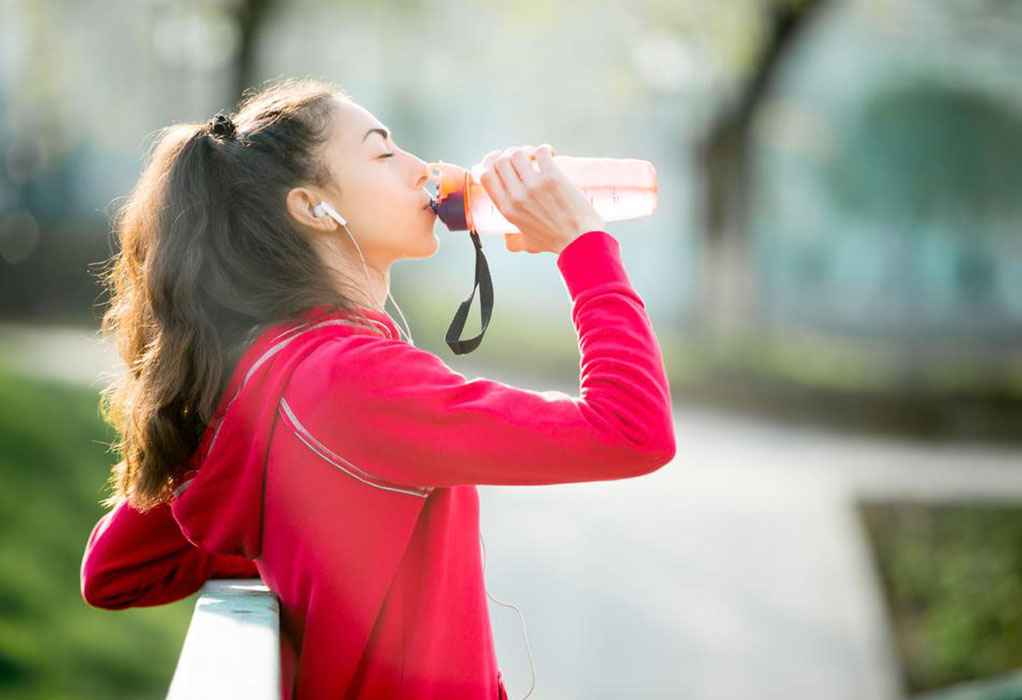Guide to Choosing the Perfect Electrolyte Beverage
Learn how to select the best electrolyte drink by understanding ingredients, electrolyte ratios, sugar content, and the benefits of amino acids over proteins. Discover tips for choosing or making the ideal hydration drink for athletes or active individuals to ensure optimal electrolyte replenishment and energy support.
Sponsored

How to Select the Ideal Electrolyte Drink
Electrolyte drinks are essential for recovery after intense workouts or sports activities, helping replace lost minerals. They can also be consumed in the morning to stay energized and hydrated. When selecting a beverage, understand why you need it and examine labels carefully, paying attention to sugar and nutrient levels. Navigating ingredient lists can be tricky, but focusing on added sugars and beneficial nutrients will guide you to the right choice. Homemade versions are an option if store-bought options don't meet your needs.
Remember, the term ‘best’ varies for everyone. For most, a low-sugar, minimally processed electrolyte drink is preferable. If you can't find a suitable product, making your own at home is a good alternative.
Understanding the Drink’s Composition
Before choosing an electrolyte beverage, learn about its purpose and the different options available. Brands often differ in ingredients and nutritional content, so understanding your needs helps narrow down choices. Some drinks are primarily sugar-based with minimal nutrients, while others are rich in minerals, amino acids, or proteins. Different formulations target athletes or individuals engaged in outdoor work, helping replenish lost salts and minerals through sweat.
Electrolytes are minerals that carry electric charges, essential for transporting nutrients and removing waste from cells. These drinks restore minerals like sodium, potassium, chloride, calcium, and magnesium lost during physical exertion.
Check the Electrolyte Ratios
Strenuous exercise depletes electrolytes such as chloride, potassium, and sodium, while calcium and magnesium are also affected but in smaller amounts. Review ingredient labels carefully to ensure the drink replenishes all essential minerals, as some products only replace a few in limited amounts.
Monitoring Sugar Content
Many electrolyte drinks contain carbohydrates to energize the body; however, some are high in simple sugars. Studies recommend limiting added sugars to below 6-8% per serving unless engaging in prolonged athletic activity or exercising in hot, dry conditions. Excess sugar contributes unnecessary calories without benefit.
Protein vs. Amino Acids
While some brands advertise protein-enriched drinks, protein isn't a necessary component for hydration and energy. Instead, drinks with amino acids, the building blocks of proteins, can aid muscle recovery and endurance more effectively.
When choosing electrolyte beverages, prioritize options free from added sugars and caffeine to maximize health benefits.






